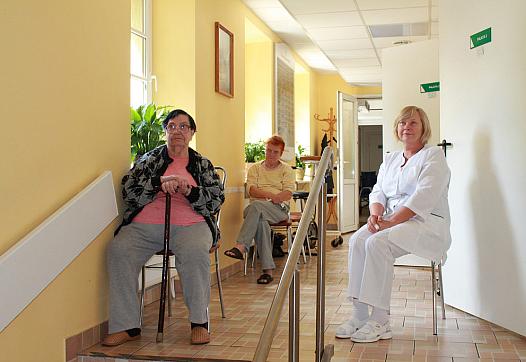
In Orange County, older adults die of Alzheimer’s disease at a higher rate than their peers in most of the country — it’s the third leading cause of death for the group, compared to the sixth nationwide.

In Orange County, older adults die of Alzheimer’s disease at a higher rate than their peers in most of the country — it’s the third leading cause of death for the group, compared to the sixth nationwide.
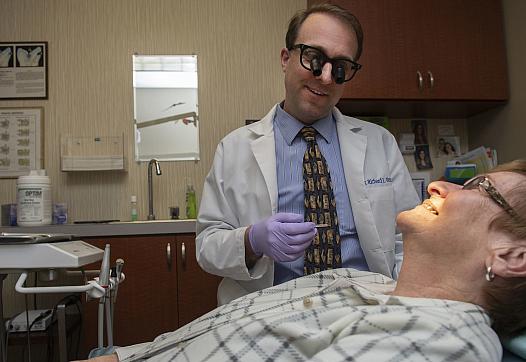
Binghui Huang wrote this series as a project of the National Health Journalism Fellowship, a program of the University of Southern California's Annenberg School of Journalism.
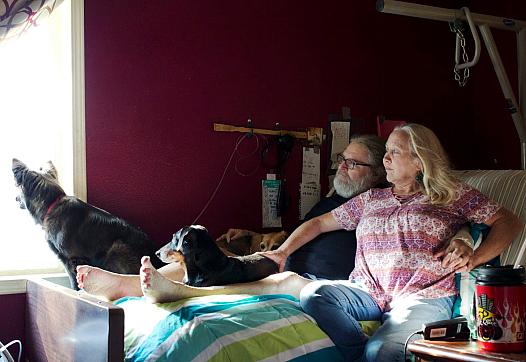
There’s strong evidence that palliative care can improve the quality of life for terminal and chronically ill patients, while reducing emergency room visits and hospitalizations by as much as half.

An actor-turned-activist founded the "We Got This" program five years ago. It is aimed squarely at boys like Maleak, who has a father in prison, a mother struggling to make ends meet and, often, lots of pent-up anger.
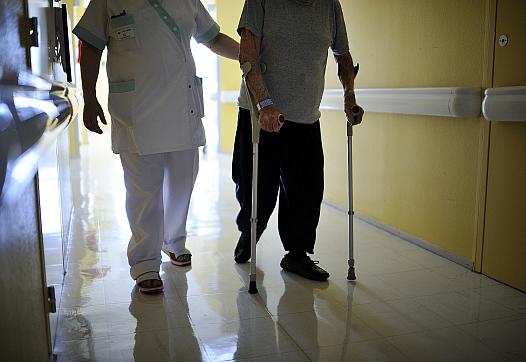
As the country faces a deluge of older patients, emergency departments nationwide are seeking ways to improve senior care.
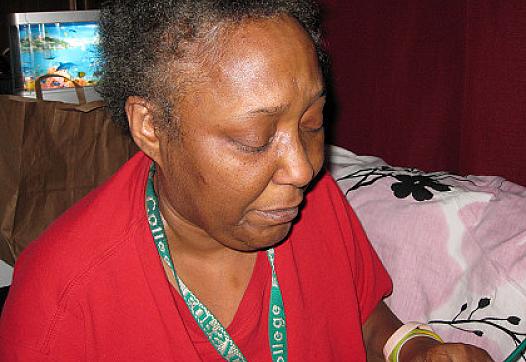
Sharitta Berry was at Oakland’s Highland Hospital when she got the bad news in early 2018.
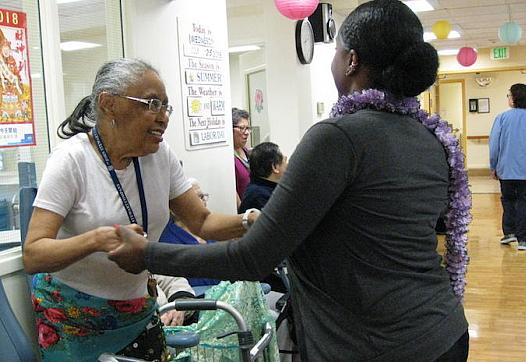
For Asians, Latinos, and other ethnic minorities, the end of life presents unique challenges. Language barriers and cultural traditions can often inhibit access to hospice, pain management, and comfort care.
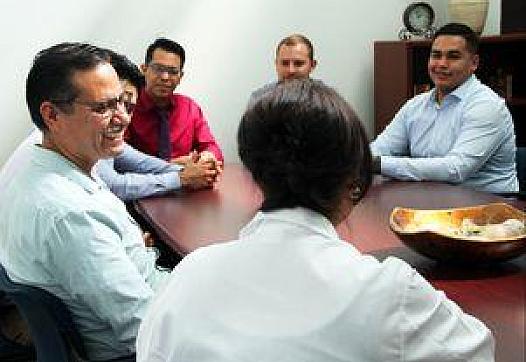
As California faces a statewide shortage of physicians, there’s one area that will be hit especially hard: the large collection of cities, suburbs and rural areas that make up Southern California’s Inland Empire.
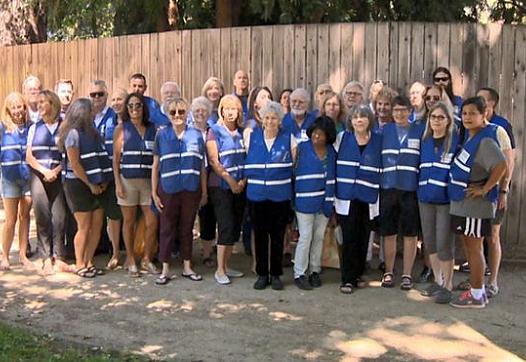
Reporter Vicki Gonzalez spent the past year on this series as a recipient of the 2018 California Fellowship with USC Annenberg Center for Health Journalism.
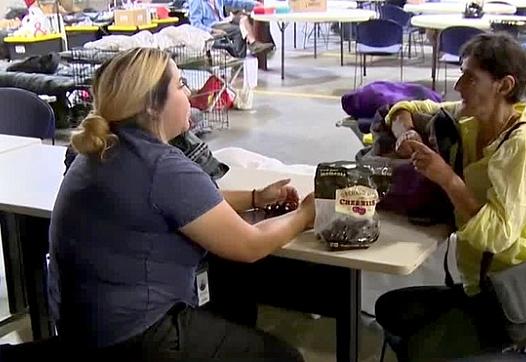
Reporter Vicki Gonzalez spent the past year on this series as a recipient of the 2018 California Fellowship with USC Annenberg Center for Health Journalism.